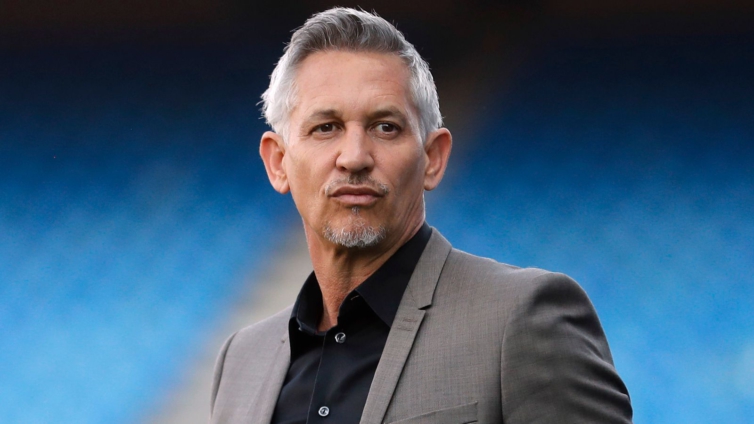It won’t be long before some overzealous, politically-influenced public broadcaster in a developing democracy decides to implement a copy-cat BBC ‘impartiality’ policy, to ban their journalists from expressing personal opinions on national issues on social media. Authoritarian governments must be salivating at the prospect of finally being able to silence journalists in state-owned media houses who have been a thorn in their side, hiding behind ‘impartiality’ policies.
But, before the curtain goes down on this, the BBC itself said that its action against Lineker is not intended to create an opinion-free zone. And therein lies my confusion.
Journalists live among the people and have opinions just like everyone else. Whether they express those opinions publicly or keep their thoughts to themselves, it is hard to convince me that their opinions don’t have any influence on their reporting, line of questioning or presentation. If the journalist has been professionally trained not to be biased based on their personal opinion, then that journalist can do so whether their personal opinion on an issue has been expressed publicly or remains in their heads. Me as a citizen, I would prefer to know the opinion, ideology or position that influences a journalist’s line of questioning and reporting, rather than being duped into thinking that the journalist is not influenced in any way by their personal opinion when the opposite is in fact true.
On a regular day, I listen to the BBC, Joy FM, and Citi FM, and then watch a bit of CNN and SkyNews. Do I expect professional, unbiased news, analysis, and reporting on all these networks? Yes, I do. Do I see the BBC as more impartial than the rest of them? No! In fact, during the 2022 Qatar World Cup, the reporting and coverage on the BBC was not dissimilar to what most international media from Western countries offered viewers and listeners. Opinions of presenters and pundits on human rights, LGBT issues, and migrant workers’ rights, were broadcast to the world in a matter-of-fact manner. Where was the BBC’s policy on impartiality then, when this same Lineker was attacking Qatar with his opinions on the BBC itself as well as on Twitter?
I just hope officials of GBC, Daily Graphic and other state-owned media in Ghana and elsewhere in Africa, won’t be thinking about copy-cat ‘impartiality’ policies in order to silence journalists who are seen as too critical of the government of the day (a.k.a. GOD)!
Latest Stories
-
Tyler Perry faces $260 million lawsuit over alleged sexual assault by actor
22 minutes -
Energy Commission drives youth innovation at 2025 Renewable Energy Challenge
3 hours -
Troskit apologises after delivery glitch sparks outrage
3 hours -
Shaggy credits God for ‘It Wasn’t Me’ as he reflects on career, culture and service
3 hours -
Energy Commission pushes for commercialisation of student innovations
3 hours -
California doctor to plead guilty to supplying Matthew Perry with ketamine
3 hours -
Gov’t appeals for logistical support to evacuate Ghanaians amid Israel-Iran conflict
4 hours -
Health Ministry inaugurates committee to boost pandemic preparedness
4 hours -
Government pledges more incentives for Ghana’s auto assembly sector
4 hours -
National Service allowances to be increased in next service year – Director-General assures
4 hours -
NPP constitutes 9-member committee to spearhead National Delegates Conference
5 hours -
NPP slams police over delay in Ablekuma North collation, accuses NDC of obstruction
5 hours -
Gov’t must invest in local industry and patient capital to sustain economic gains – Coconut Grove Regency CEO
5 hours -
I’m not pro-state, my judgement is guided by law – Justice Bartels-Kodwo
5 hours -
NPP to elect 2028 flagbearer on January 31, 2026
5 hours

